On June 19, the World Bank (WB) released a report updating Vietnam's macroeconomic situation, noting that inflation is showing signs of gradually decreasing.
According to the Situation Update Report macroeconomics Vietnam, retail sales increased by 11.5% in May 2023 compared to the same period in 2022, similar to the growth in the previous month of April. Sales of goods improved from 9.7% in April to 10.9% in May. Service sales growth rate decreased from 19.2% in April to 7.6% in May.
Merchandise exports in May also fell 6% compared to 2022 due to weak external demand. Imports fell 18.4% in May 2023, reflecting a gradual decline in demand for input materials from both FDI and domestic enterprises. This suggests that production and export activities will continue to progress slowly in the coming months.
Consumer price index (CPI) inflation recorded a fourth consecutive monthly decline, from 2.8% in April to 2.4% in May due to lower global energy prices and domestic transportation costs. Core inflation remained relatively high at 4.5% in May, almost on par with 4.6% in April.
In May 2023, committed FDI inflows also slowed as global uncertainties continued to weigh on investor confidence. FDI disbursements in May this year reached only US$1.8 billion, the same as in 2022. The State Bank of Vietnam cut the refinancing rate from 5.5% to 5% and the overnight lending rate from 6% to 5.5%. This was the third consecutive rate cut since March 2023. Credit growth continued to slow, falling from 9.2% in April 2023 to 9% in May, reflecting weakening demand.
The budget balance recorded a large deficit of about 2 billion USD in May 2023. Budget revenue decreased by 35.8%, reflecting the impact of increased post-COVID revenues from revenues related to land, assets, etc. Public spending also increased by 27.8% in May 2023.
In this situation, the WB representative recommended that external demand continues to be weak and global uncertainties are having an adverse impact on the economy, leading to a contraction in exports and imports, and a slowdown in industrial production. While domestic consumption (as reflected in retail sales) remains quite strong and comparable to pre-pandemic growth, credit growth continues to slow, reflecting weak credit demand.
If global financial conditions tighten further, external demand could weaken further. Northern Vietnam began experiencing power shortages for consumption and production in late May, which could have an impact on the economy if not addressed promptly.
As inflation shows signs of easing, the State Bank of Vietnam (SBV) has eased monetary policy to support the economy. However, the monetary authority needs to closely monitor the differences in Vietnam’s monetary policy trends compared to other countries, which could put pressure on capital flows and exchange rates. Accelerating the disbursement of public investment capital (including national target programs) will support aggregate demand and economic growth in the short term. At the same time, prioritizing investment in digital and green technology, infrastructure and human resources will help promote long-term sustainable development.
While manufacturing exports slow and manufacturing jobs suffer, it is important to quickly identify and support affected workers and households through social protection systems, WB experts said. Streamlining administrative procedures and removing regulatory barriers will help promote business activities and investments essential for economic growth.
Source


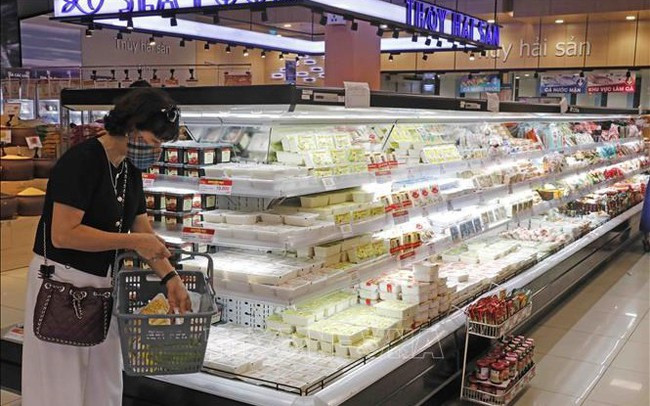
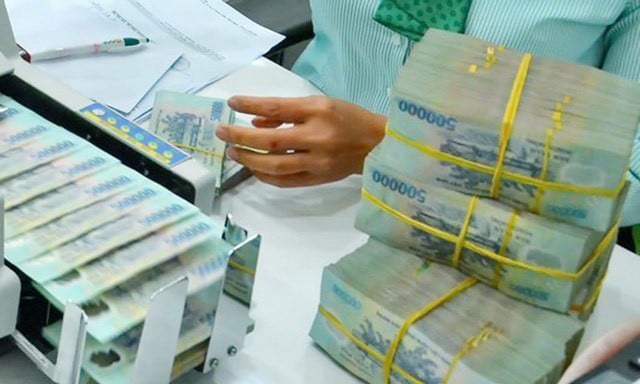

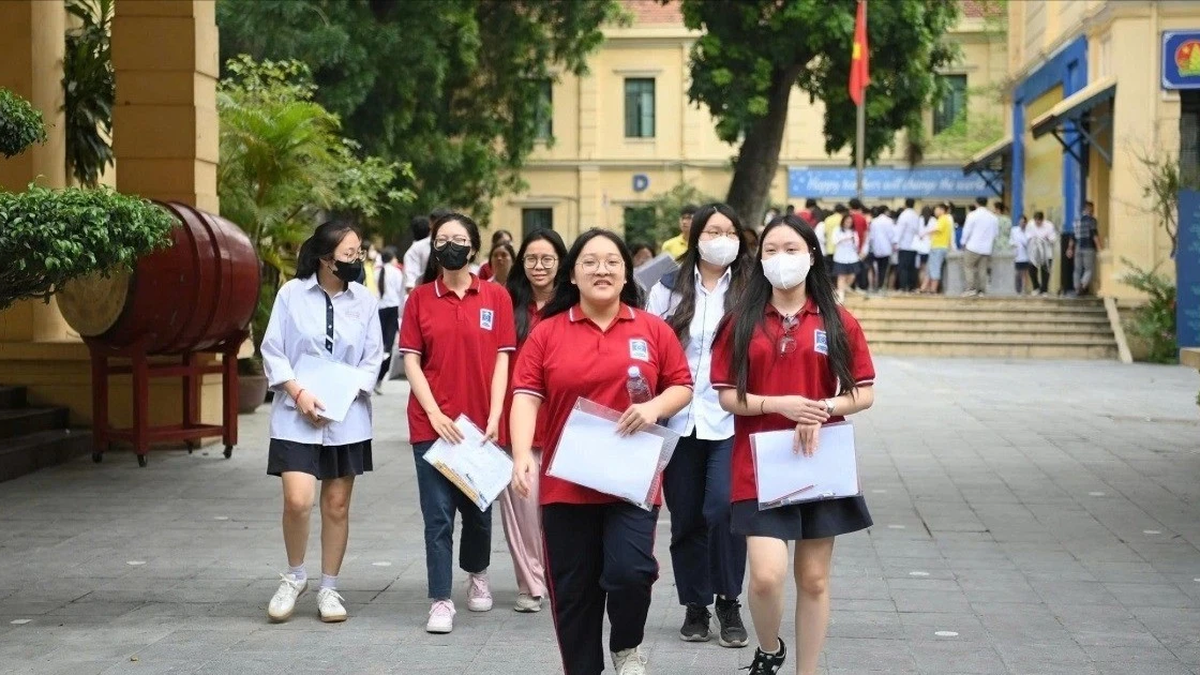

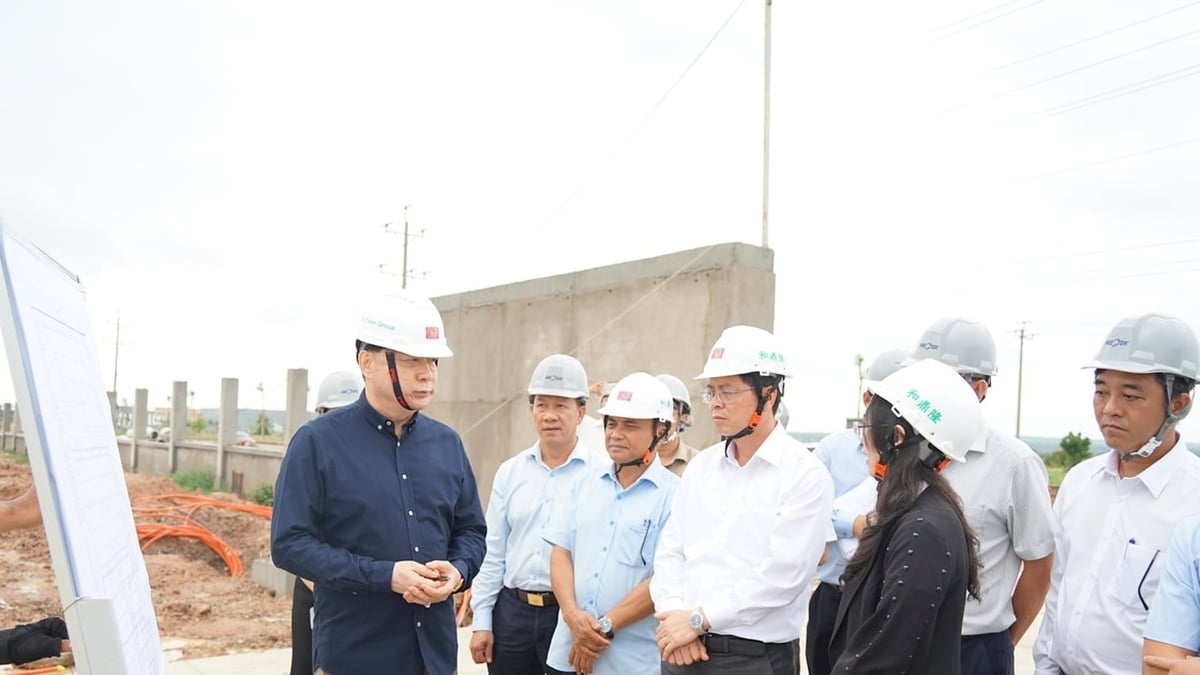
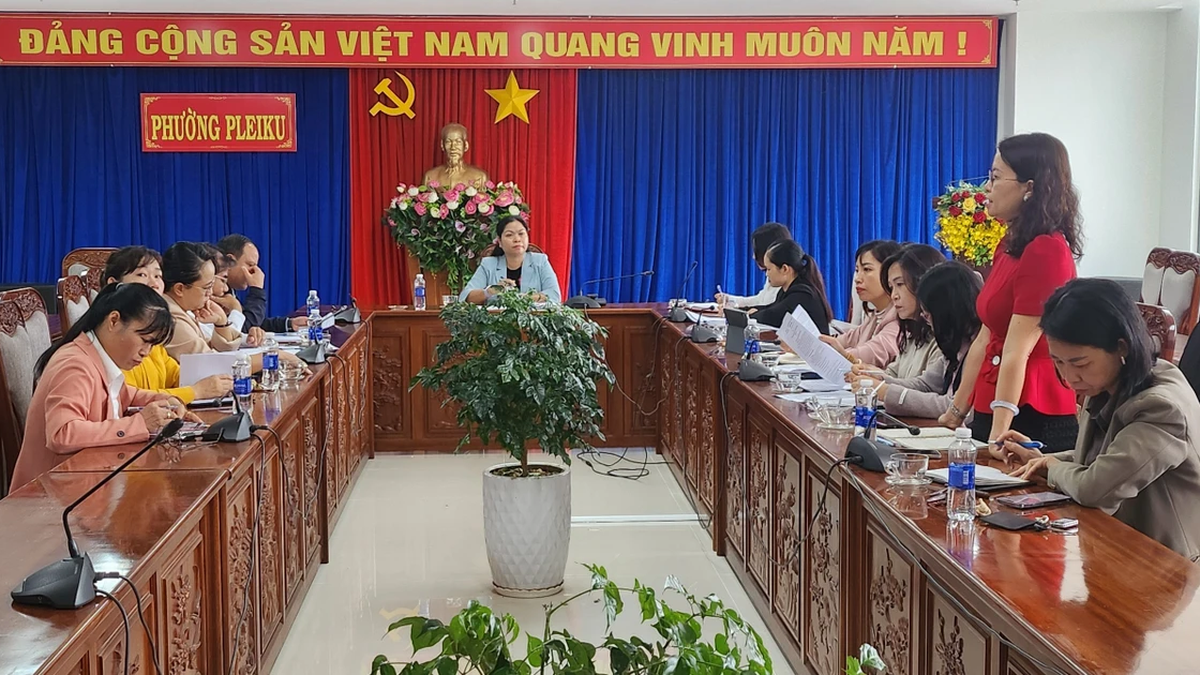
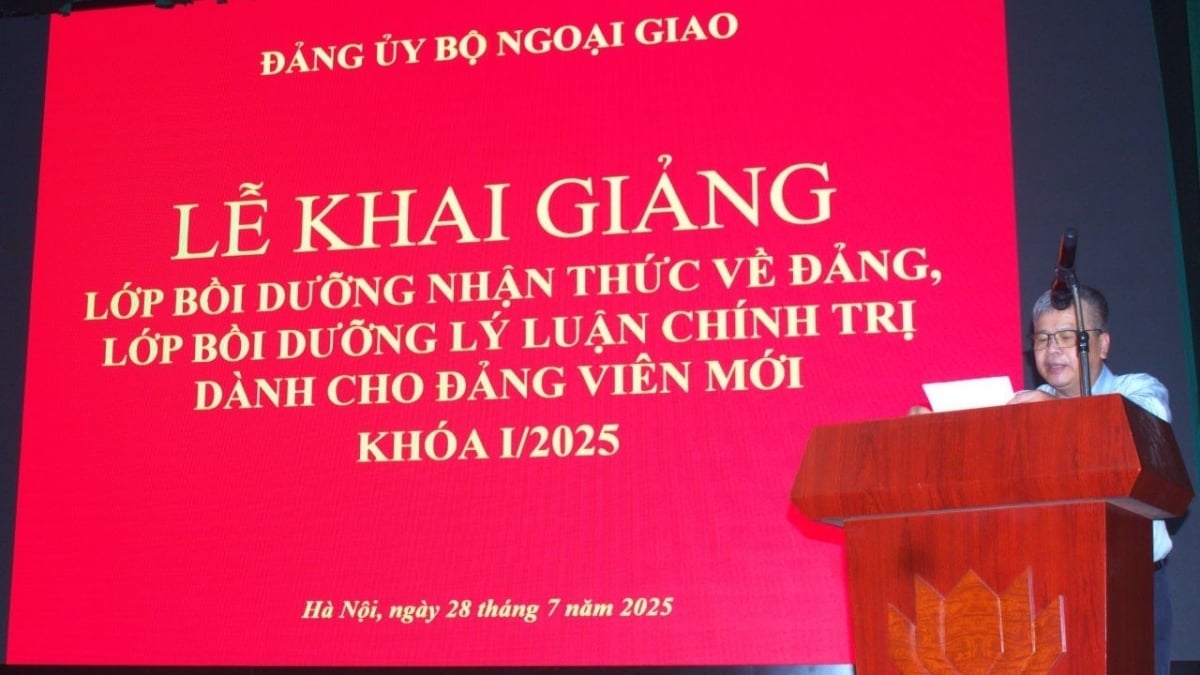






















![[Photo] National Assembly Chairman attends the seminar "Building and operating an international financial center and recommendations for Vietnam"](https://vphoto.vietnam.vn/thumb/1200x675/vietnam/resource/IMAGE/2025/7/28/76393436936e457db31ec84433289f72)






































































Comment (0)